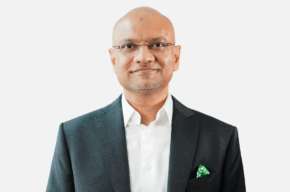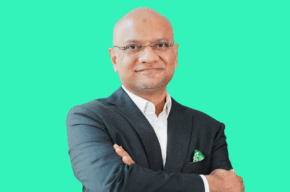Achieving the multi-fold objectives of asset protection, wealth preservation, succession planning and tax efficiency through a flexible and cost-efficient structure has long been associated with a deceptive proposition.
It’s with this backdrop that the Dubai International Financial Centre (DIFC), a leading international financial centre in the Middle East, Africa and South Asia region, introduced the DIFC Foundations Law in 2018 – a robust framework to meet these objectives while also mitigating challenges that foundation structures in other parts of the world were witnessing.
Given the advantages that the structure provides for, the law, which is the first of its kind in the region, has been welcomed by the global investment community – there are now more than 1000 foundations that have been established in the UAE within a short span of time, and the pipeline continues to grow.
Key characteristics of a DIFC foundation
A DIFC foundation can be established to hold all asset classes for charitable and / or non-charitable purposes and has an independent legal personality, typically combining the features of both a trust and a company.
Foundations are governed by the charter and by-laws and are established as a self-owned entity or ‘orphan structure’ and have no shareholder or member. These structures are used for wealth management and preservation, succession and inheritance planning – avoiding disruptions for the family and beneficiaries on the demise of the founder, asset and creditor protection, corporate structuring, tax efficiency and general asset-holding purposes.
A foundation is managed by a council, similar to the board of a company. A minimum of two council members are required – founder, beneficiary and fiduciary service provider can be council members, and the founder can exercise control over the foundation properties. Assets settled into the foundation are no longer part of the personal estate and have a strong firewall against third party attacks and are also not subject to probate.
Foundations created in the DIFC are governed exclusively by DIFC laws, with limited exceptions where original endowed property is outside the DIFC and the founder or contributor has limited or no powers of disposal.
As well as this, a foundation structure provides for a significant level of confidentiality, the details of the assets and the beneficiaries are not within the public domain and anonymity can be customised into the structure with a view to withhold the founder’s information from the public domain.
The recently introduced UAE Corporate Tax law provides for tax efficiency options for foundation structures and the common law framework, under which the DIFC operates, and provides for a high level of certainty in terms of the governance and confidence in the jurisdiction and the structures it governs.
Technical and operating mechanics of DIFC foundations
A foundation has a legal personality separate from that of its founder(s) and any other person, and is referred to as an orphan entity, as it has no shareholders or owners and it has the capacity, rights and privileges of a natural person.
The objects of a foundation could either be exclusively charitable, or either objects which are not exclusively charitable and / or objects to benefit persons by name, category or class.
Finally, a foundation can’t carry out any commercial activities, except those necessary for and ancillary or incidental to its objects.
UAE corporate tax law implications
UAE corporate tax applies to juridical persons incorporated in the UAE. Under this law, a foundation would meet the definition of a resident person and would be a taxable person on the basis it is a ‘juridical person that is incorporated or otherwise established or recognised under the applicable legislation of the state, including a free zone person.
UAE resident juridical persons are subject to UAE corporate tax on their income sourced from both the UAE and abroad. However, Article 17 of the corporate tax law makes special provisions for family foundations, which enables them to apply to be treated as an unincorporated partnership, which is transparent for corporate tax purposes, making the foundation similar to individual ownership. To enable an application to be treated as an unincorporated partnership, the foundation must qualify as a family foundation.
How we can help
Leveraging on the brand value of the DIFC, earned over two decades, this ease-of-use structure is a unique and compelling proposition for HNWIs, UHNWIs and families alike.
IQ-EQ’s background as one of the world’s leading providers of family governance solutions and relevant structures means that we have the experience in both years and number of clients to understand the intricacies in family wealth.
We deliver bespoke solutions tailored to individual needs, contact us today to find out more about how our specialist team in UAE can support your requirements.
The above note is subject to tax and legal advice.





